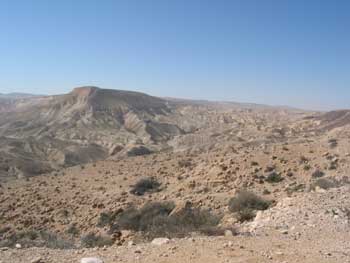I’ve been telling some acquaintances in Israel that one potentially positive effect of the concealed handgun carry law in Texas is that it might have made Texans a little more courteous behind the wheel of a car.
OK, that’s open to debate. But you have to admit that you think twice about honking your horn at someone believing he or she could be packing a pistol, right? I know I have given it some thought.
But in Israel, where automatic weapons often are seen slung over the shoulders of active-duty soldiers, horn-honking is a way of life. If you don’t move immediately after the light turns green, the driver behind you pounds on his horn. If you slow down on the street because you might be lost trying to navigate through a street-grid maze where a right-angle turn cannot be found, the same thing happens. Sometimes, it seems, people honk their horns just for the heck of it.
Our Group Study Exchange team was warned about Israeli drivers before we got here. They’re aggressive, rude and impatient — and this assessment came from an Israeli professor at Texas Tech University.
I’ve been considering whether to rent a car while I’m in Israel on vacation for a week when our GSE assignment concludes. To paraphrase Clint Eastwood in the film, “In the Line of Fire”: I might learn to love public transportation.
